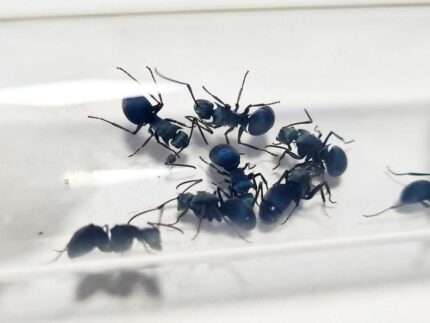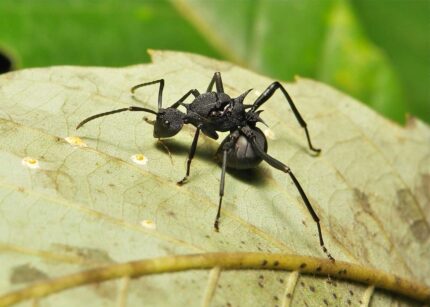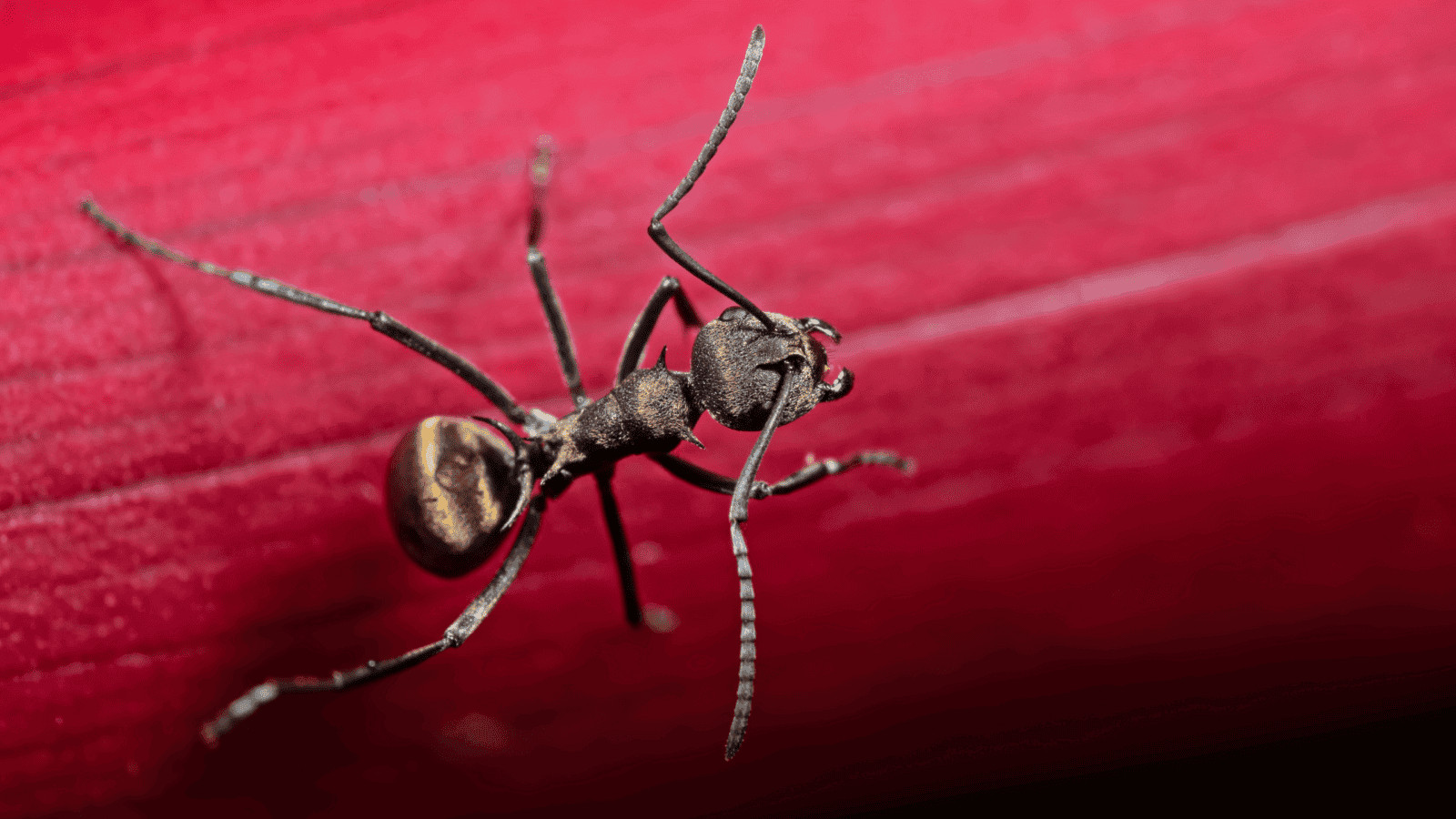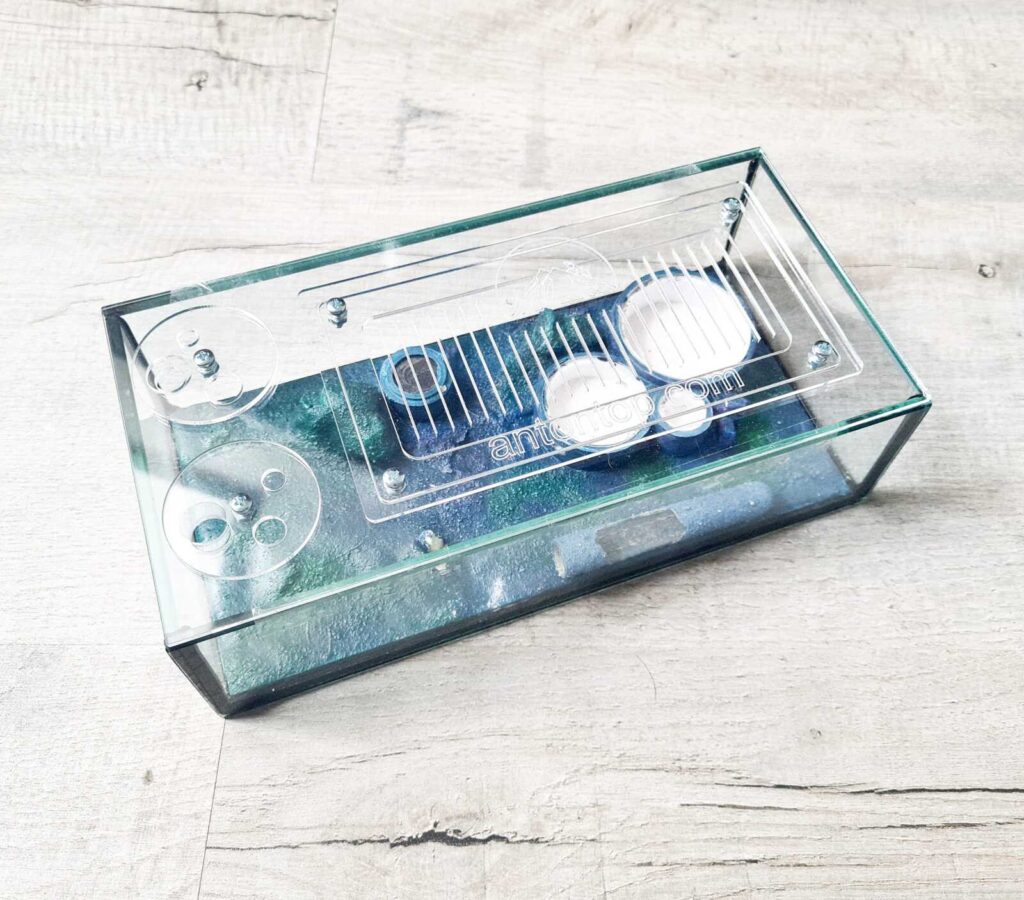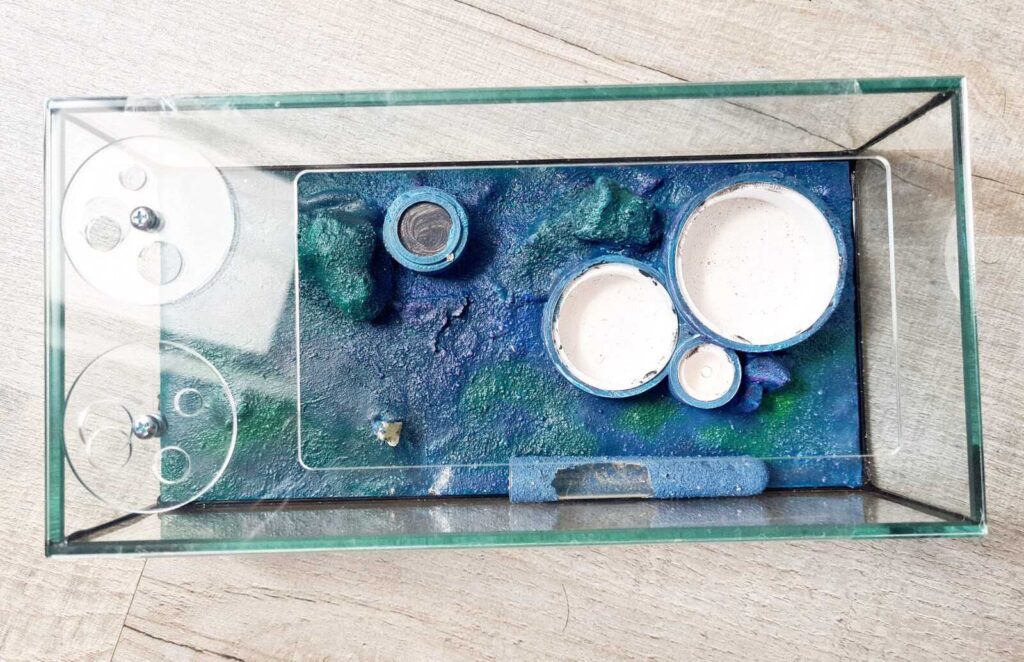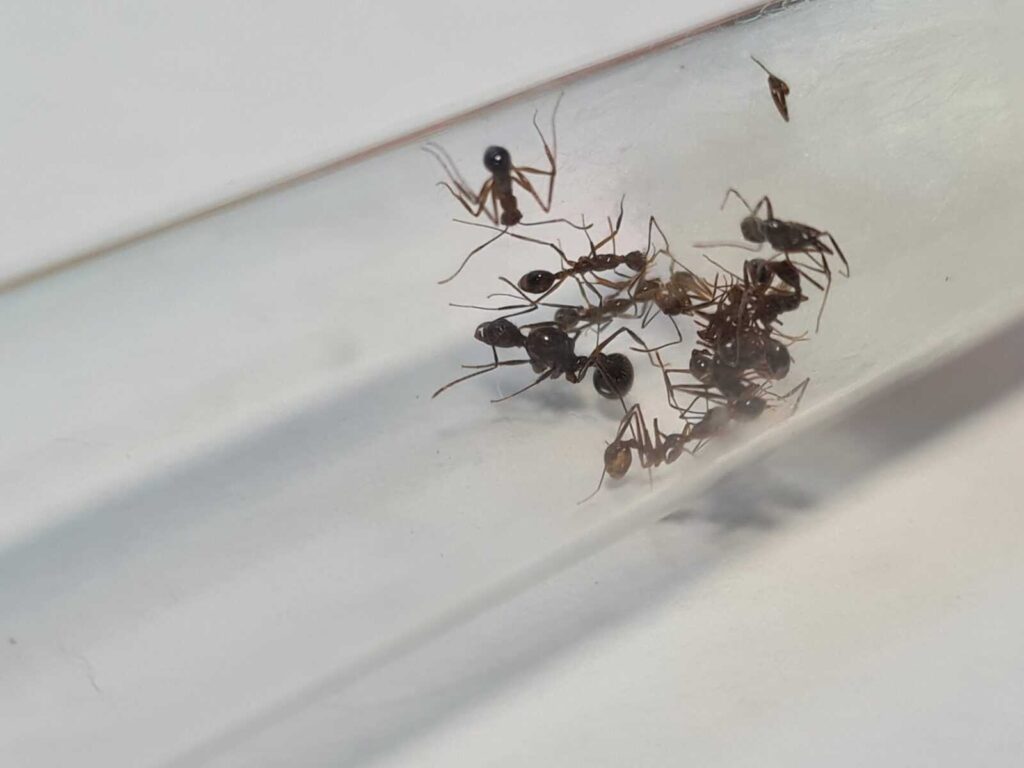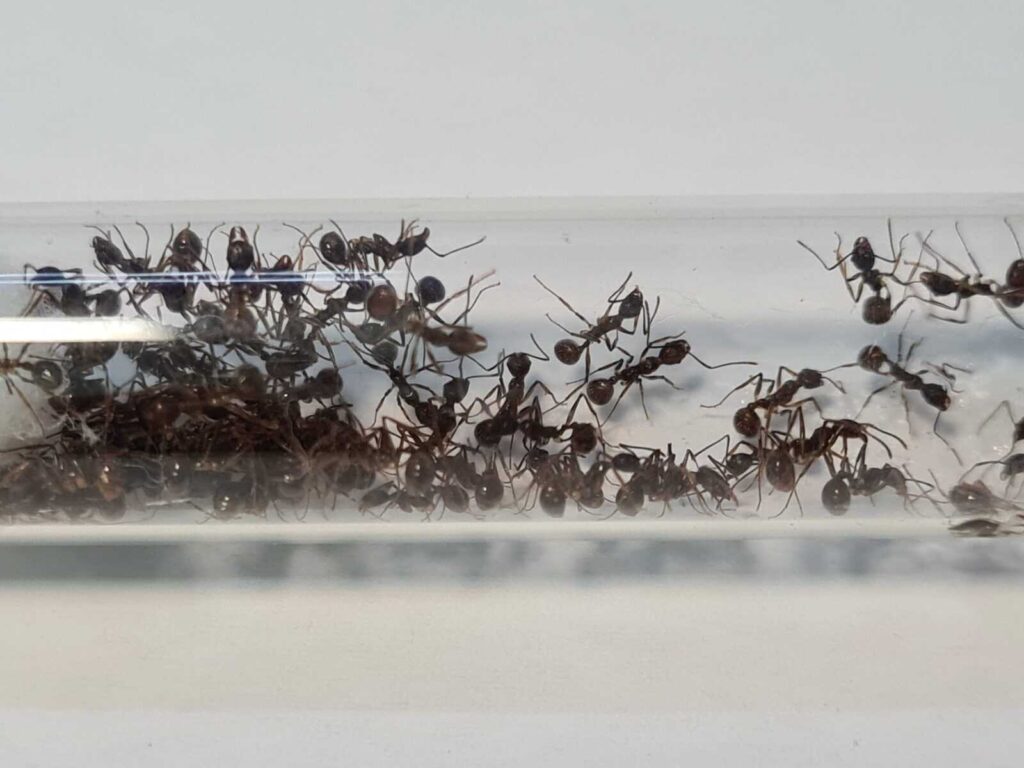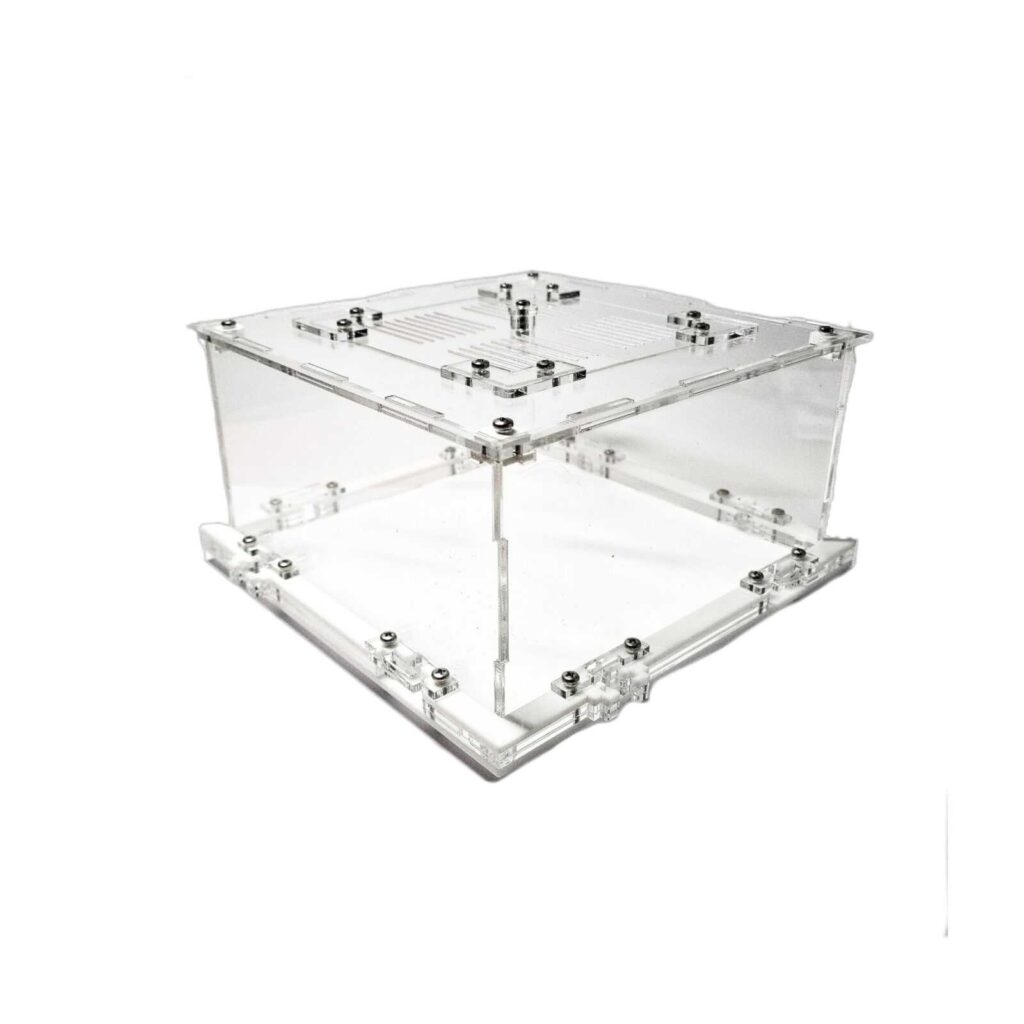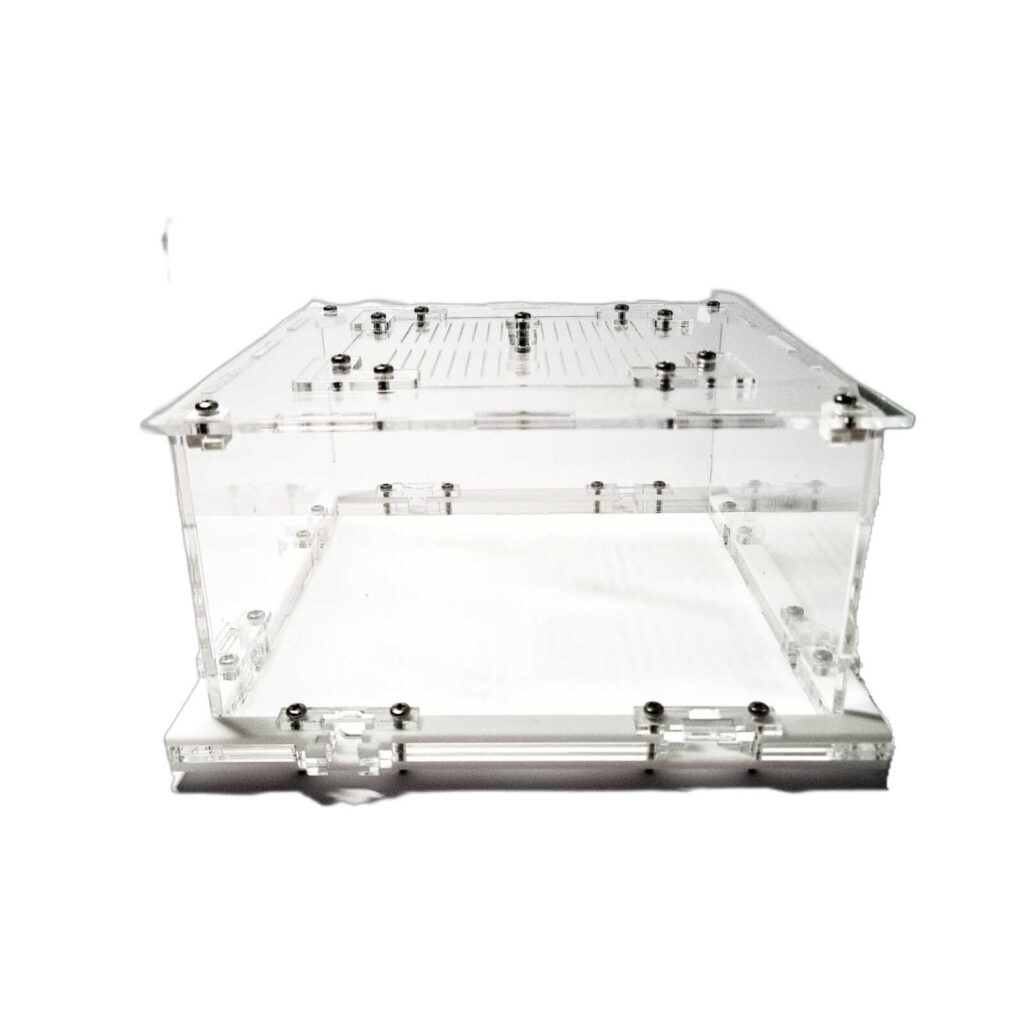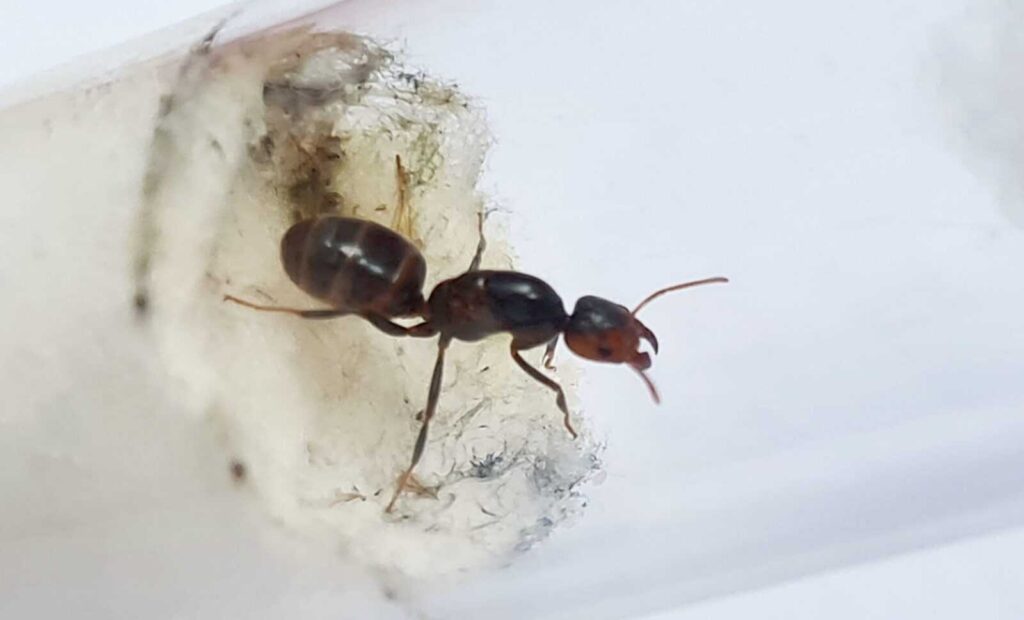Polyrhachis dives
169,90 zł – 269,90 zł
Worldwide shipping
Free delivery over 500 PLN
The highest quality of goods
Live delivery guarantee
24/7 Personal Support
Fair Prices
Description
Polyrhachis dives is a polygynous ant species with colony sizes of up to 10,000 workers. They have a fast development speed and the queen measures 9-12mm while workers are 6-9mm in size. They are gray in color with golden hairs on the abdomen. Their diet consists of food insects, syrup, fruit, vegetables, jelly, and cooked chicken without salt.
Additional information
| Behavior | |
|---|---|
| Difficulty in breeding | |
| Origin | |
| The size of ants | |
| Wintering |
Polyrhachis dives – The Amazing Ant Species
Welcome to the fascinating world of Polyrhachis dives, an incredible ant species known for its unique characteristics and remarkable behavior. In this comprehensive product description, we will dive deep into the details of this ant, including the colony type, size, development speed, nutrition preferences, habitat requirements, and recommended nests for breeding. So, let’s begin our journey into the captivating world of Polyrhachis dives.
Colony Type and Size
Colony Type: Polygyny
Colony Size: Up to 10 000 workers
Development Speed: fast
Size and Color:
- Queen: 19-12 mm
- Workers: 6-9mm
These ants have a distinctive gray coloration, with golden hairs adorning their abdomens. This combination of colors gives them an elegant and unique appearance that is captivating to behold.
Nutrition
- Food insects (such as cockroaches and crickets) dead, or live if colony is big
- Syrup (a mixture of water and honey or sugar, with a ratio of 4/3 water:1)
- Fruits and vegetables
- Jelly
- Cooked chicken without salt, shrimps
- Honey
Don’t forget to check out our food products to ensure a well-balanced diet for your colony!
Humidity and Temperature
- Humidity: Arena: 50-70%, Nest: 70-90%
- Temperature: Arena: 24-30 °C, Nest: 22-28 °C
Special Features and Behavior
Polyrhachis dives ants exhibit intriguing characteristics and unique behavior that make them a fascinating species to observe and care for. These ants are known for their cautious and secretive nature. In the face of danger, they respond with a strategic withdrawal rather than panic, demonstrating their ability to adapt and ensure their own safety.
Recommended Nests for Breeding
Now that you are familiar with the various aspects of Polyrhachis dives, it is essential to provide them with an appropriate nest for breeding and nesting. The following nest materials are highly recommended:
- Acrylic: Acrylic nests offer transparency, allowing ant enthusiasts to observe the intricate activities of the ants within the nest. They are also easy to clean and maintain, providing a conducive living space for the ants.
- Cork: Cork nests provide a more natural and aesthetically pleasing environment for the ants. They are breathable and retain moisture effectively, creating a suitable habitat for Polyrhachis dives.
- Plaster: Plaster nests offer excellent moisture retention properties, ensuring the humidity requirements of the ants are met. These nests are also durable and can withstand the rigors of ant colony activities.
- Aerated Concrete: Aerated concrete nests provide a robust and sturdy habitat for Polyrhachis dives. They are known for their excellent insulation properties and are highly customizable to suit the needs of the ants.
In Conclusion
Polyrhachis dives is a remarkable ant species with a wealth of intriguing attributes. From their polygynous colony structure to their rapid development speed, these ants continue to captivate ant enthusiasts worldwide. By understanding their size, appearance, nutritional preferences, habitat requirements, and recommended nests for breeding, you can provide the ideal environment for these fascinating ants to thrive and flourish. Explore the world of Polyrhachis dives and witness the wonders of their complex and captivating lives.


